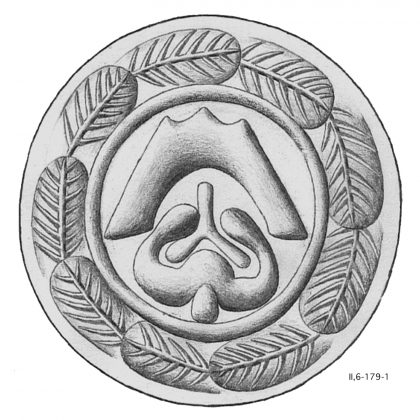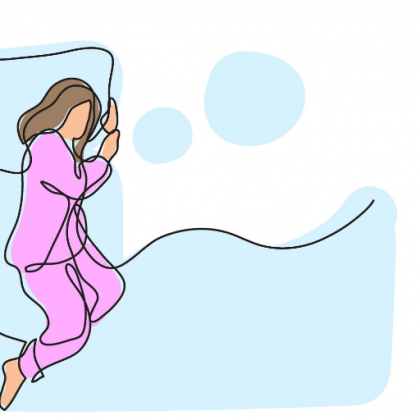The Value of Sleeping
Imagine there was a magical pill, one that allowed you to skip sleeping but gave you all the health benefits that sleep provides: you’d take the pill and you would feel rested and ready to go on working, studying, playing sports, taking care of your family, having fun with your friends. Would you take it?
The answer might seem obvious: yes, in a heartbeat! Who wouldn’t want to gain 7 or 8 additional hours in their day? You could extend your lifespan by a third and not waste any time in an unconscious valueless activity! It seems like a no-brainer.
And yet, I think we should pause and think more carefully about sleeping as a human, culturally shaped, socially embedded practice, as opposed to the state of sleep as a mere source of health benefits.
In “The Value of Sleeping” I highlight three main reasons why the activity of sleeping is valuable. First, we do not simply fall asleep on the spot, although sometimes that happens too. We go to sleep. We engage in what I call sleeping rituals, which prepare us to fall asleep. These can be very simple, like changing clothes and brushing teeth, or can involve extended routines, especially but not exclusively with children, such as bathing, beauty regimes, reading a book, praying or meditating, and so on. These activities have everyday aesthetic value, and, if we took the magical rest pill, we would miss out on them.
Second, humans cross-culturally sleep with other people. Co-sleeping between parents and children might have fallen out of fashion in contemporary Western countries but it’s still widely practiced in the world, and sleeping with romantic partners or pets throughout one’s life is common everywhere. Sleeping together increases intimacy and fortifies our bonds of affection, and that is so even if sleeping by oneself might actually be more comfortable (think of all the times someone with whom you sleep snores, steals your blanket, or kicks you!).
When we reflect on the aesthetic value of sleeping rituals, we realize that the activities we engage in before sleeping are in preparation for winding down and decreasing our energy levels; when we reflect on the special interpersonal value of co-sleeping, we realize that it stems from sharing a long time of utter vulnerability. In both cases, the fact that sleeping involves a partial or complete absence of consciousness matters. Sleeping is a form of mere presence. And this is the third reason why I think sleeping is valuable in a final, non-instrumental way. When we sleep, we are first and foremost living beings—we are not, and ought not to be, machines in perpetual motion, constantly recharged and plugged in. When we sleep, we withdraw from a demanding reality, and we just are. Valuing sleeping, then, amounts to embracing and valuing the fragility of the human condition. Sleeping’s underlying biological need is not a weakness to be remedied, or a limitation to be overcome, but a fact of our corporeal nature that, in addition to giving rise to valuable interpersonal and aesthetic activities, is also valuable in itself.






